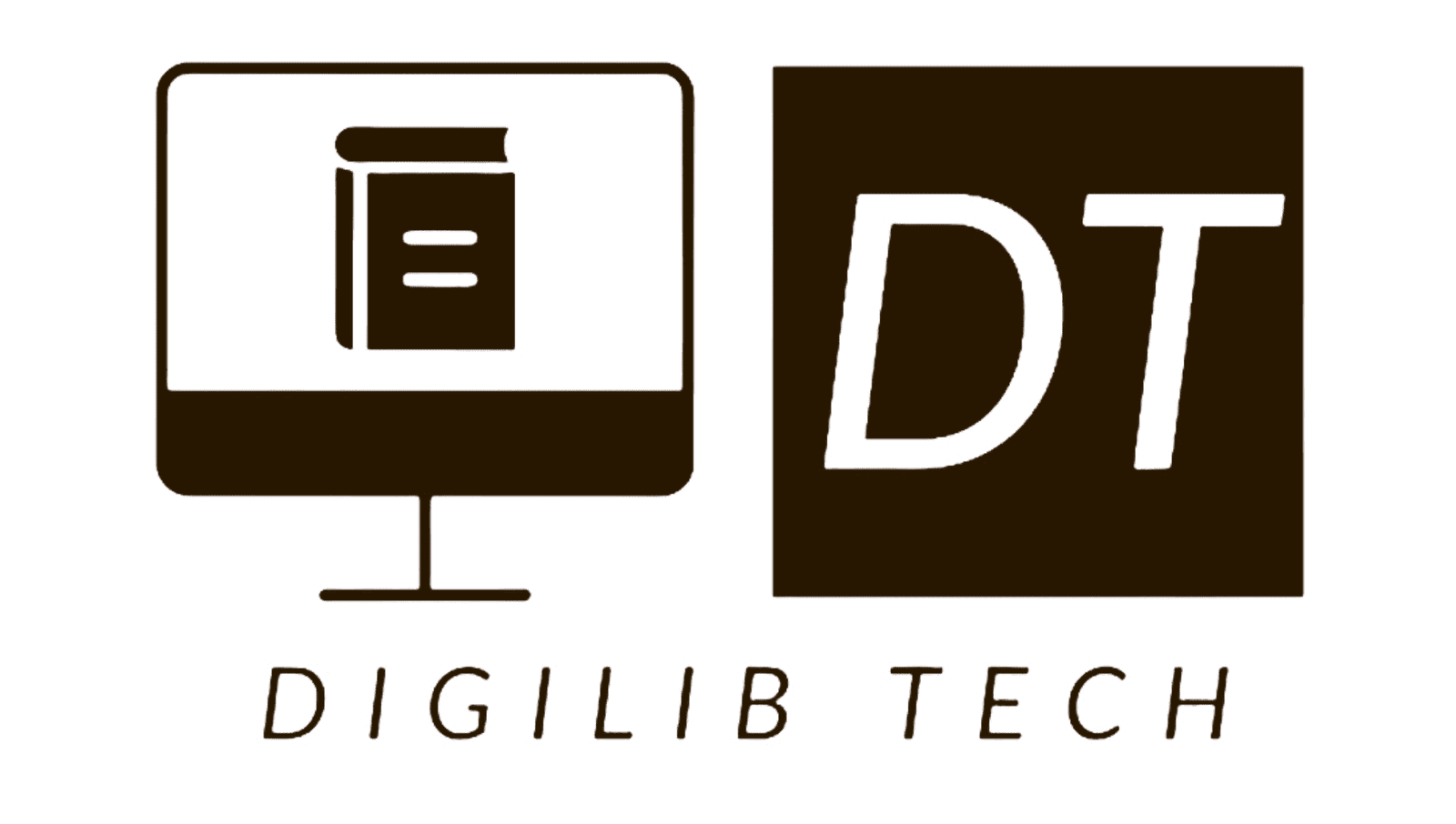businesses and startups stay relevant by making staff training and development a continuous process. Through the use of various eLearning technologies and solutions, they enable and encourage staff members to improve their knowledge and abilities.
Software for digital book libraries is one of the most popular eLearning options. As the name implies, the edtech tool makes digital books or eBooks accessible to businesses, assisting them in facilitating self-paced learning. Two key questions help us grasp key features of the software for the digital library.
Digital Book Library Software?
Digital book library software is a well-known eLearning application that gives students access to a vast collection of electronic books, or eBooks. With eBooks, as opposed to paper books, students can read textual content and view accompanying graphics to better understand concepts and themes. By selecting the links included in the eBook, the student can view instructive and educational videos simultaneously.
The software for electronic book libraries enhances educational opportunities by offering a variety of eBooks for on-demand access. The technological tool allows a student to locate pertinent eBooks on a given subject. In addition, he can use his choice device to access the cloud-based program and access the eBook at his own leisure.These days, the majority of digital book libraries offer learners both online and offline access.
They also make managing digital libraries easier by including built-in tools and features. With a few clicks of the software’s content authoring capabilities, a trainer or instructor may quickly write, upload, and update eBooks. By automating routine library administration chores like cataloguing, circulation, and coordination, he may further improve the eLearning experience.
Businesses and academic organisations use cloud-based digital book library software to reduce expenses associated with infrastructure and labour. By combining the edtch solution with eLearning technologies like learning management systems (LMS) and virtual classroom software, they also improve eLearning experiences.
What are the Features of Digital Book Library Software?
Many market research studies indicate that demand for digital book library software is rising across all businesses and geographical areas. By going over some of the software’s most notable attributes and advantages, we can comprehend the position that it plays in the acceptance and implementation of eLearning.
-
-
Free Access
-
Businesses frequently learn after putting in long workdays. Because of this, people prefer to learn by reading eBooks at their own speed. The digital book library’s software makes it easier for employees to learn on their own schedule by providing easy access to eBooks. By using the web-based interface on desktops or mobile devices, a learner can access the chosen eBooks in either an online or offline mode.
-
-
Large Content Repository
-
By giving users access to a large eBook repository, providers optimize eBook library software. As a result, a company can let workers access pertinent content without having to worry about licensing and content procurement. The software allows a learner to access digital books on subjects including sales training, compliance training, soft skill training, leadership training, and technical training.
-
-
Content Writing Tools
-
With its user-friendly tools, the program helps educators and trainers to write, upload, and distribute eBooks. By compiling articles, blog entries, and other internet resources, a trainer can utilise the program to generate eBooks. These tools also facilitate the process of recording podcasts and video clips from pre-existing multimedia content.
-
-
Multiple languages Support
-
Modern library management systems accommodate a wide range of end users and languages. By using the appropriate digital book library software, a business can give every employee access to pertinent eBooks. Additionally, it has the ability to set up the software so that every employee can access eLearning materials in the language of their choice.
-
-
Catalog Management Tools
-
Keeping eBooks organised and maintained is a crucial part of managing digital libraries. With its catalogue management features, the program makes the work easier. These technologies allow an administrator to group eBooks into categories that make sense and connect them to training courses that match. Additionally, by producing reports based on workers’ learning activities, he can add to or develop new eBooks.
-
-
advanced search interfaces for users
-
Software for digital book libraries has integrated search interfaces. Learners can access pertinent eBooks based on subjects, keywords, or training programs thanks to the sophisticated search tool. Employers can therefore more easily enhance learning opportunities by speeding up access to digital books and learning resources.
-
-
AI Ideas
-
Recommendation engines powered by AI are a component of contemporary digital book libraries. Depending on their needs and interests, this tool assists students in finding extra and pertinent eBooks. By reading simple eBooks, a learner can take advantage of this capability to begin comprehending a concept. By viewing the eBooks that the software recommends, he can fully comprehend the subject.
-
-
Options for Integration
-
Integration APIs are included with the cloud-based technologies for digital book libraries. The software can be integrated by organisations with learning management systems (LMS), virtual classroom software, and other eLearning technologies thanks to the APIs. As a result, students find it simpler to access digital books when enrolled in online courses or finishing online training courses.
-
-
Cost Reduction
-
In a number of ways, the cloud digital library software benefits businesses by lowering one-time and recurring eLearning expenses. First off, this edtech solution can be used and used by an organisation without the need to create and manage IT infrastructure. Second, they can conduct staff training programs without having to spend money on eLearning material production and optimization thanks to the software’s content library.
Software for digital book libraries simplifies staff training and development by giving users easy access to books in digital format. Employers use e-learning platforms to give staff members access to text, photo, and video content.
An employee using a laptop, smartphone, or tablet can access eLearning information at any time and from any location. Simultaneously, the program allows an administrator or trainer to generate, arrange, and update eLearning content without requiring additional time or effort.
These days, any organization can select from a variety of digital book library software options. Furthermore, learning management systems and virtual classroom software can be smoothly integrated with the cloud-based software through the use of application programming interfaces.












